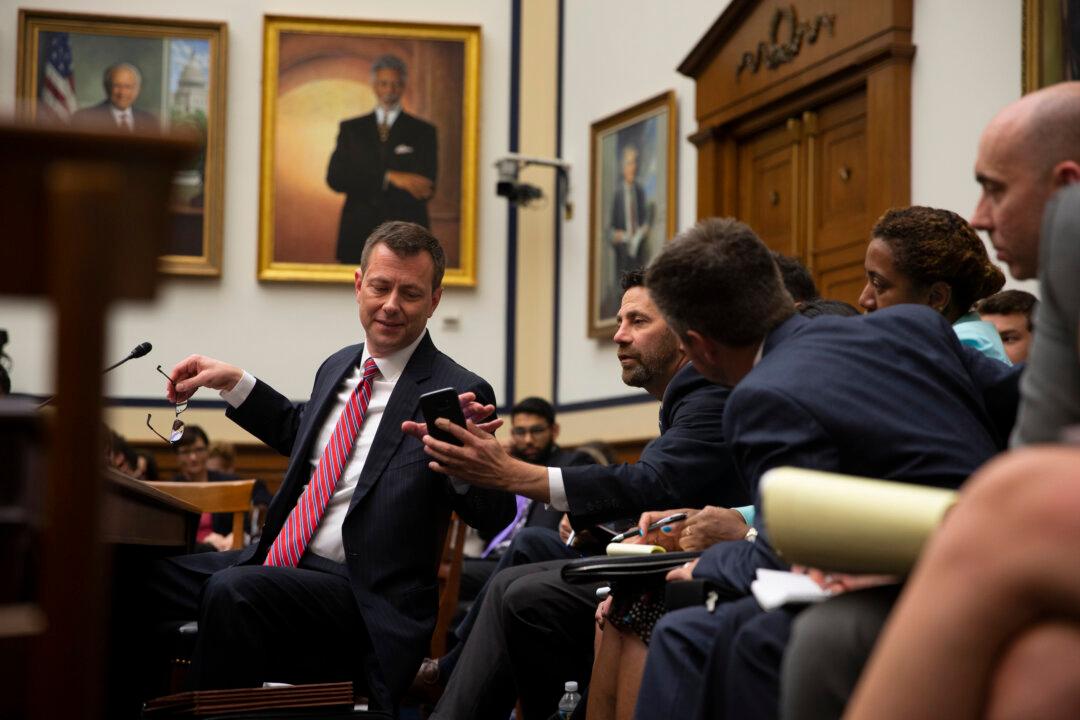Forty-four iPhones used by members of Robert Mueller’s Russia investigation contained no records when they were examined by an officer assigned to the team, according to internal documents.
Five more Special Counsel’s Office (SCO) phones contained only one record each, and four others contained fewer than 10 records per device, according to a log kept by a records officer over the course of more than 20 months.





